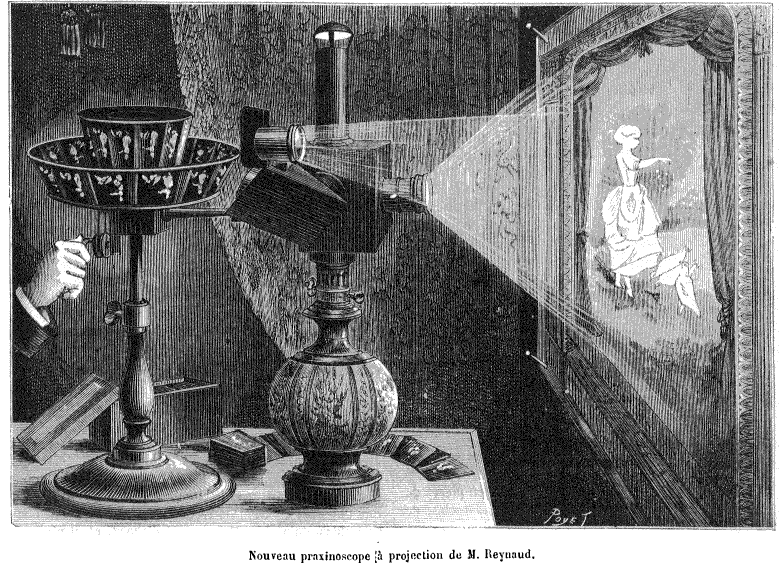While battling the boredom, lack of socialisation, procrastination, hours behind the screens (in either work or entertainment) and an overflow of bad news, one has to make lots of decisions. One of them is definitely which films to watch.
As easy as the task seems, in the age of too much choice, one cannot escape the anxiety of deciding if he wants to get his gears grinding by watching a thought-provoking film tackling the societal issues, or just escape it all with a Rom-Com flick. We at DiEM25 believe that the best time for action is always now, so we crafted a list of five must-watch films to prepare you for rebuilding your environments in a more just, inclusive, democratic and emancipative manner after the quarantine lifts.
Come and See
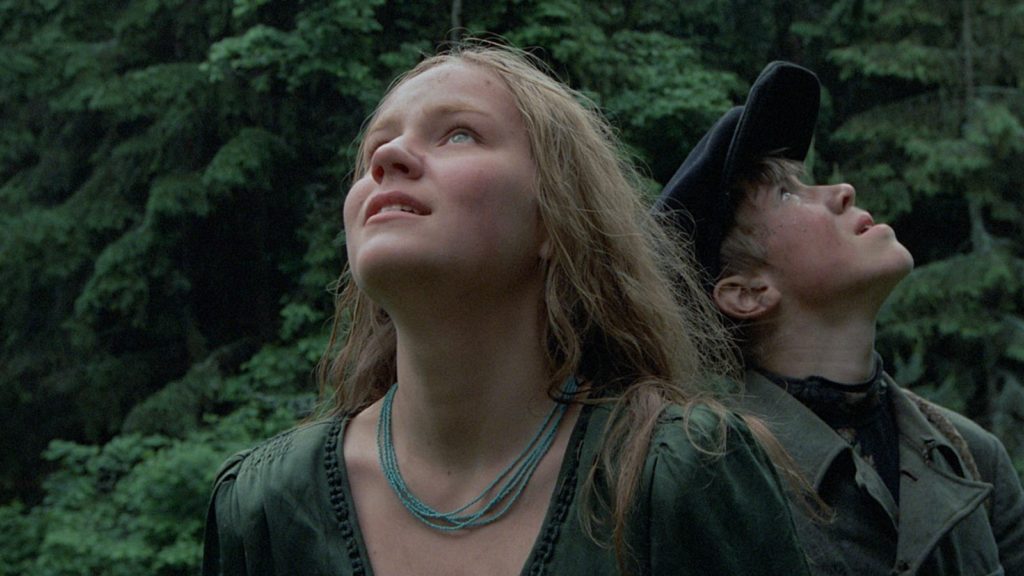
In his 1985 poetical epic, Russian filmmaker Elem Klimov explores what happens when fear-mongering, nationalist populism, stereotypization, dehumanization, and marginalization reach its extremes. In it, we experience the horrors of the Nazi occupation of Belarus through a young Belarussian boy who joins the resistance movement and travels through the countryside. It serves as a reminder of what happens when people become blinded by authoritative ideologies and their hunger for power, but we can also find a reflection of how the society alienates some of its members during this crisis
Margin Call
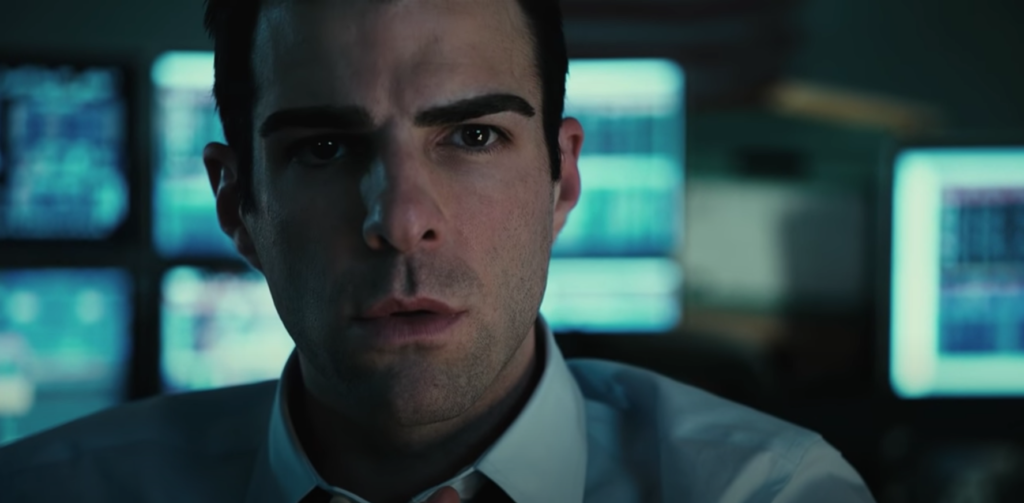
Set in a fictional investment bank in the initial stages of the 2007-2008 financial crisis, J. C. Chandor’s 2011 feature film draws close attention to the incentives and decision-making of individuals who had much to lose from the crash of the hitherto very profitable mortgage-backed securities market. It traces the decisions made by the banks’ managers that culminate in the ‘call’ to sell off the bank’s toxic assets before everyone else does. With its rich material for analysis of behaviors, ideas, rationalizations, and motivations that contributed to that crisis, this film equips us with a much-needed knowledge of how the people managing the world’s finances may act in the present situation and encourages us to demand transparency, honesty, and justice.
Children of Men
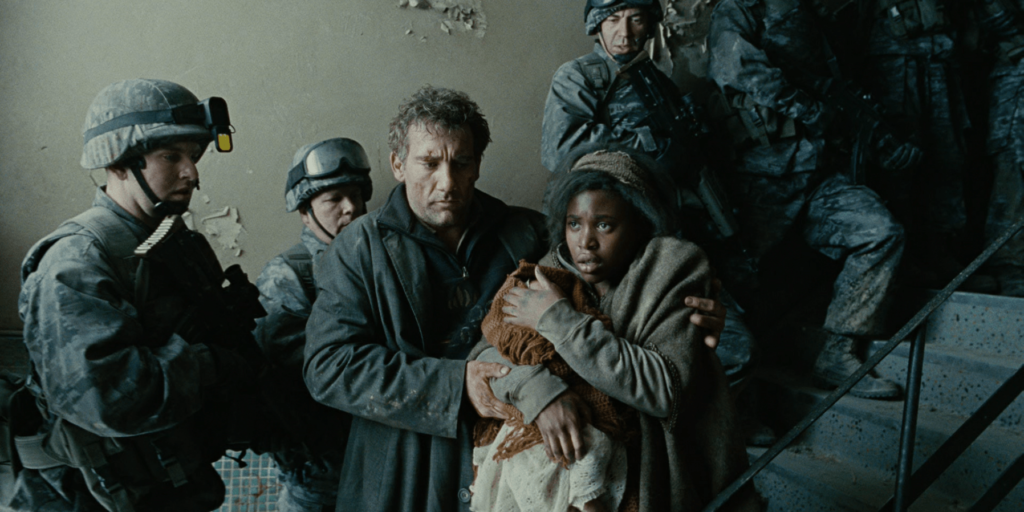
Nothing dates as fast as films who predict the future. Rare are the occurrences when reality progressively starts matching the imagined world of a motion picture. With 13 years since its release and 7 years until 2027, where the story is set, Children of Men stands among those. It depicts a dwindling, desperate and agitative humankind nearly two decades after an infertility crisis struck humanity and more than eighteen years since the last child was born. The United Kingdom has the last functioning government and is flooded with forcefully contained immigrants from all over the world seeking help. When a refugee girl gets pregnant, different actors want to take control of her, seeing her as an object of great political importance. However, the point of this film is not to scare us. It rather tells us that the hope for redemption relies on the formation and expansion of new communities, instead of clinging to the conventions of our past.
Sorry to Bother You
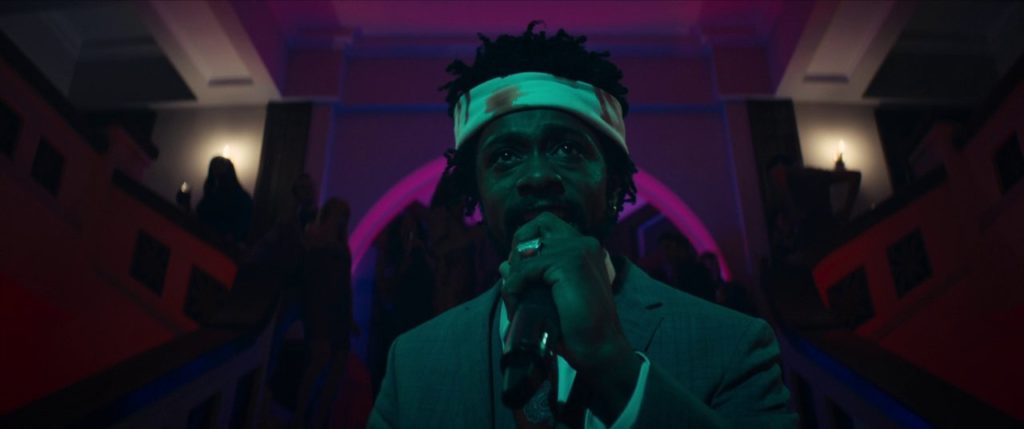
If you’re in need of a shocking, fast-paced ride full of laughs, then Boot Riley’s 2018 political satire is what you’re looking for. A black twenty-something is in urgent need of a job, so he decides to take the opportunity of becoming a telemarketer. But there’s a catch – to sell more, he has to disguise his blackness and use a white person’s voice. How far can one go in denying one’s race? What’s the relationship between cultural identity and late capitalism? How is neoliberalism realized in social relationships and community ties? If you want to meditate on these questions while having genuine fun, join Cassius Green on his surreal ride around the corporate world.
We Come as Friends
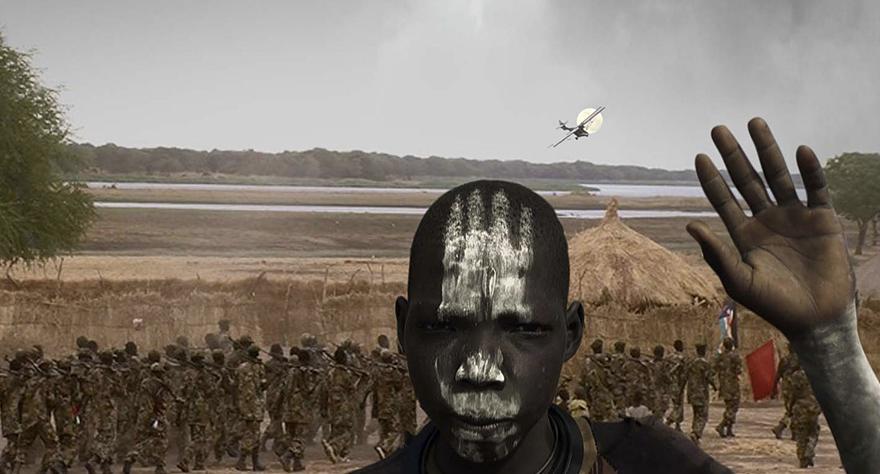
If you think you have any clue about what’s going on in the heart of Africa (or anywhere in the world actually), be prepared to have your illusions shattered. We Come as Friends will disorient, hurt, and irritate you. It will make you angry. You will see how our consumer society directly and indirectly physically, economically, culturally and environmentally violates the lives of thousands of South Sudanese people. There are no good guys and no solutions in this film, but it is on each viewer to interpret what he sees and what he takes out of it. Will you decay in hopelessness, or will you act?
Do you want to be informed of DiEM25's actions? Sign up here





